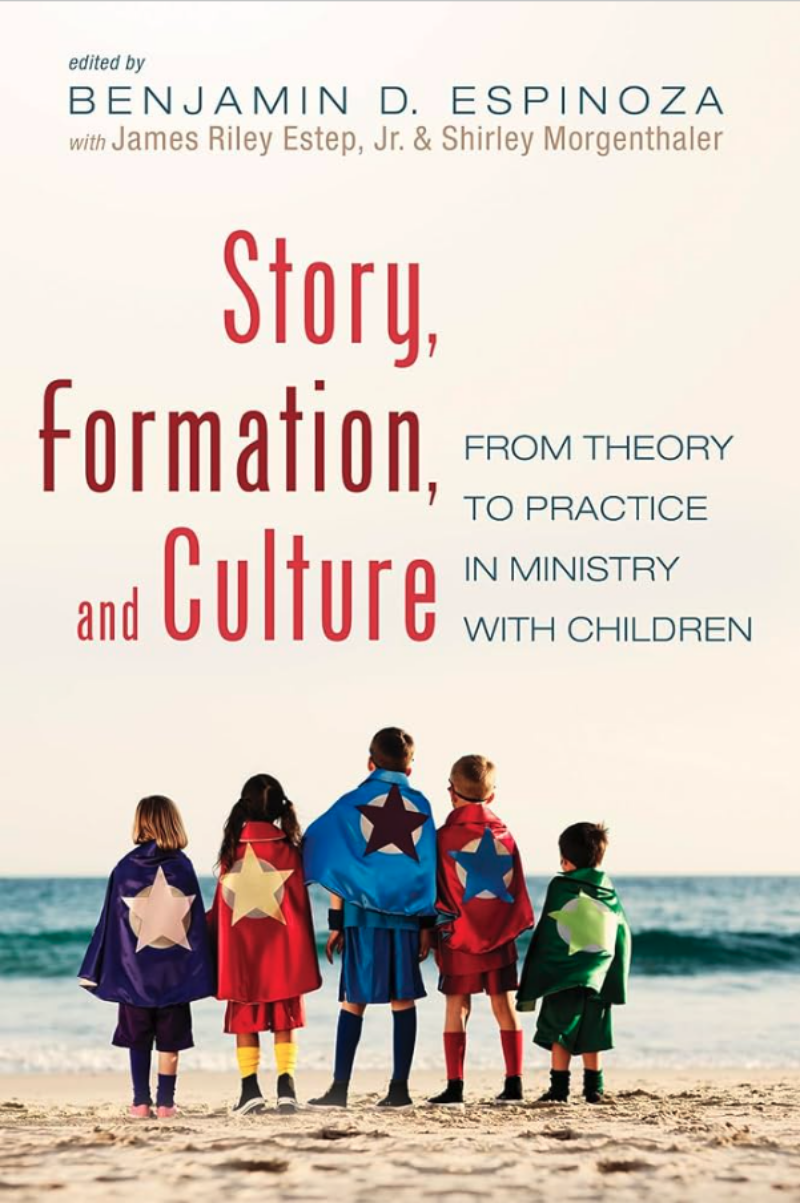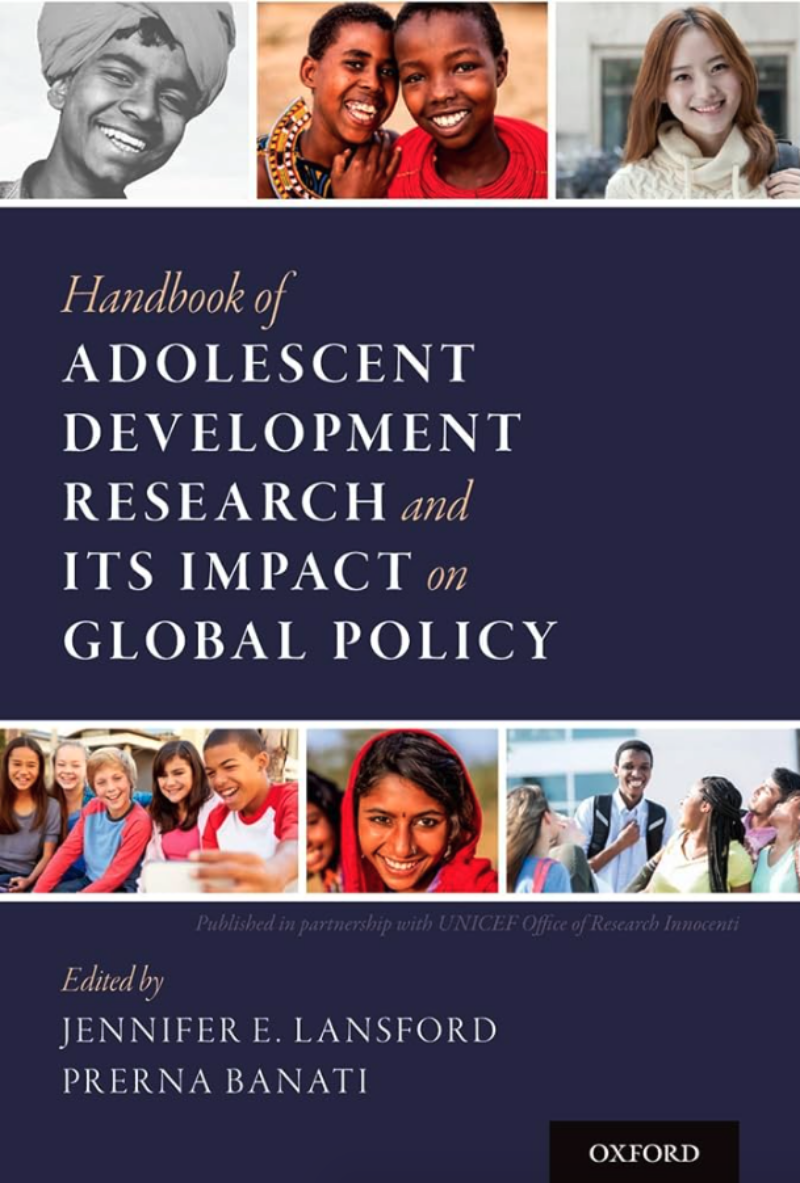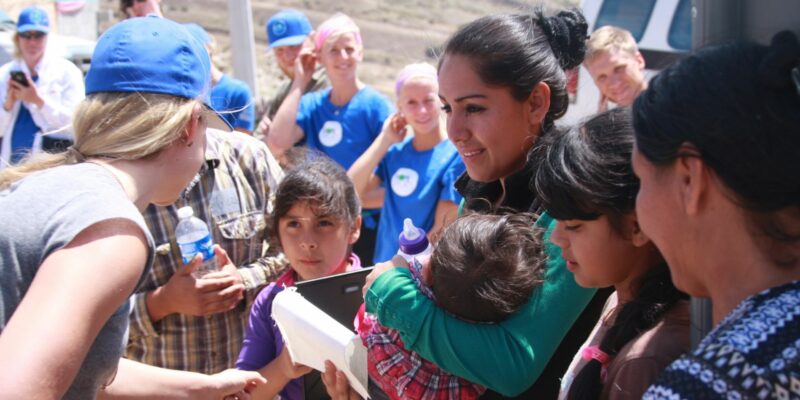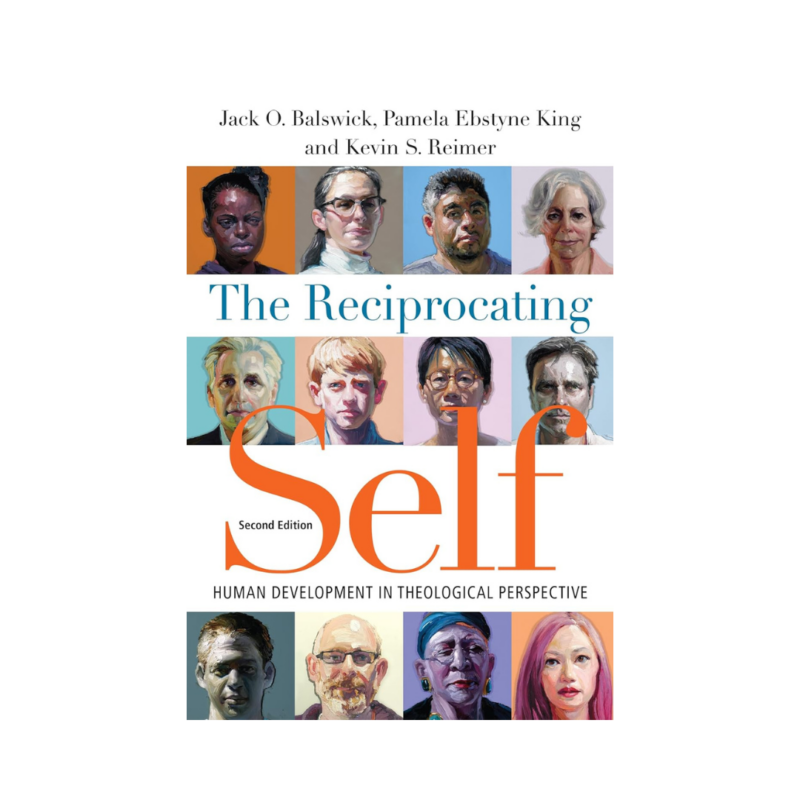Topic Archive
Youth
Youth

Research Link
The End of the Beginning: Evidence and absences studying Positive Youth Development in a global context
Citation Lerner, R. M., Tirrell, J. M., Lerner, J. V., Geldhof, G. J., Gestsdottir, S., King, P. E., Sim, A. T. R., & Dowling, E. (2018). The end of the beginning: Evidence and absences studying PYD in a global context. Adolescent Research Review, 4(1), 1-14. Abstract Relational developmental systems metatheory frames many contemporary models of human development, including two strengths-based approaches to enhancing the lives of diverse children and adolescents, the positive youth development (PYD) perspective and resilience science. Both approaches emphasize the potential for plasticity in human development, and the systematic changes that arise through mutually influential relations between...
Christian

Research Link
Kids & God: Nurturing spirituality and the ability to thrive
Citation King, P. E. (2018). Kids & God: Nurturing spirituality and the ability to thrive. In Benjamin D. Espinoza, James Riley Estep & Shirley Morganthaler (Eds.) Story, Formation, and Culture: From Theory to Practice in Ministry with Children. Eugene, OR: Wipf & Stock Press, 296-306. Abstract Story, Formation, and Culture brings together a myriad of scholars, researchers, and ministry leaders into conversation about how we can effectively nurture the spirituality of children. Built around the three themes of story, formation, and culture, this volume blends cutting-edge research and insights with attention to how we can bring theory into practice in...
Hope

Research Link
Measuring Spirituality, Hope, and Thriving Among Salvadoran Youth
Citation Tirrell, J. M., Geldhof, G. J., King, P. E., Dowling, E., Sim, A., Williams, K., Iraheta, G., Lerner, J. V., & Lerner, R. M. (2018). Measuring spirituality, hope, and thriving among Salvadoran youth: Initial findings from the Compassion International Study of Positive Youth Development. Child & Youth Care Forum, 48(2), 241-268. Abstract Background The more than one billion children living in poverty worldwide are often marginalized from the resources needed for health and well-being, a situation that may create feelings of hopelessness and diminish chances for thriving. Compassion International (CI), a faith-based child-sponsorship organization committed to alleviating child poverty...
Youth

Research Link
Studying Positive Youth Development in Different Nations: Theoretical and Methodological Issues
Citation Lerner, R. M., Lerner, J. L., Geldhof, G. J., Gestsdottir, S., King, P. E., Sim, A. T. S., Batanova, M., Tirrell, J. and Dowling, E. (2018). Studying positive youth development in different nations: Theoretical and methodological issues. In Lansford, J., & Banati, P. (Eds.) Handbook of Adolescent Development Research and Its Impact on Global Policy. New York: Oxford University Press. Abstract International interest is growing concerning using strength-based models of adolescent development to understand how mutually influential relations between individuals and their key settings may be a basis for positive, healthy development. Bidirectional relations models are linked to relational...
Spirituality

Research Link
Varieties of social experience: The religious cultural context of diverse spiritual exemplars
Citation King, P. E., Abo-Zena, M., & Weber, J. (2017). Varieties of social experience: The religious cultural context of diverse spiritual exemplars. British Journal of Developmental Psychology, 35 (1), 127-141. Abstract From cultural developmental and relational developmental systems perspectives, the current study employed an exemplar research design along with qualitative content analysis to gain deeper understanding of how adolescents perceived the social influences on their religious and spiritual development (RSD) among religiously and culturally diverse youth. The sample included interviews of 28 highly spiritual youth aged 12–21 years (M = 17.73 years) from six countries and eight different religious traditions....
Christian

Research Link
Introduction to the British Journal of Developmental Psychology special issue on religion, culture and development
Citation Richert, R. A., Boyatzis, C. J. & King, P. E. (2017). Introduction to the British Journal of Developmental Psychology special issue on religion, culture and development. British Journal of Developmental Psychology Special Issue: Religion, Culture and Development, 35 (1), 1-3. Abstract An introduction is presented in which the editor discusses articles in the issue on topics including peer-reviewed research and theory on children and religion, the influence of religion as a cultural context, and the processes and mechanisms of religious and spiritual development. Copyright Holder: The British Psychological Society Year: 2024 DOI: https://doi.org/10.1111/bjdp.12179…
Practices

Post
9 Principles of Effective Youth Service Organization
Research by the Thrive Center explores 9 principles that youth organizations can practice to effectively support and help youth thrive.
Practices

Post
What My Parents Did Right (When It Came to Sports)
A student researcher shares the integral role his parents played in fostering positive youth development through sports.
Thriving

Post
United by a Common Purpose
A Thrive Fellow reflects on her experience of building a home for a family in Mexico, and the power serving others can have on purpose.
Spirituality

Research Link
Preliminary exploration of the Measurement of Diverse Adolescent Spirituality (MDAS) among Mexican youth
Citation King, P. E., Kim, S., Furrow, J. F., & Clardy, C. E. (2017). Preliminary exploration of the Measurement of Diverse Adolescent Spirituality (MDAS) among Mexican youth. Applied Developmental Science, 21(4), 235-250. Abstract In the current article we propose and offer a preliminary test of an ecologically sensitive theoretical and methodological framework for understanding diverse adolescent spiritual development. The study summarizes the initial stages of development of the Measurement of Diverse Adolescent Spirituality (MDAS) that assesses three dimensions of spirituality: transcendence, fidelity, and contribution. We report our procedures and findings from an initial effort to contextualize the…
Thriving

Research Link
The Reciprocating Self: Human Development in Theological Perspective
Citation Balswick, J. O., King, P. E., & Reimer, K. S. (2016). The reciprocating self: Human development in theological perspective. InterVarsity Press. Abstract On the basis of a theologically grounded understanding of the nature of persons and the self, Jack O. Balswick, Pamela Ebstyne King and Kevin S. Reimer present a model of human development that ranges across all of life’s stages: infancy, childhood, adolescence, young adulthood, middle adulthood and elder adulthood. They do this by drawing on a biblical model of relationality, where the created goal or purpose of human development is to become a reciprocating self―fully and securely related...
Youth

Research Project
Compassion International Study of Positive Youth Development
Pamela King and partners study the impact of Compassion International's programs on youth.